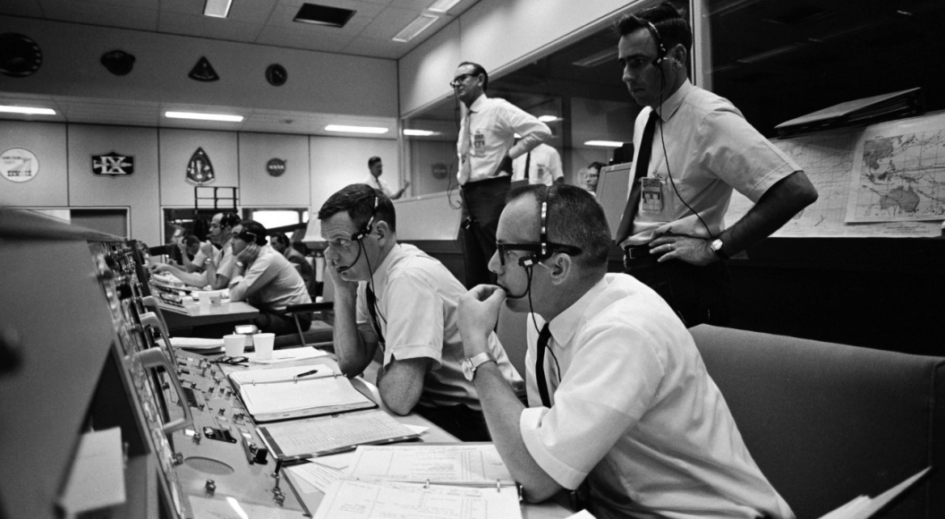It’s been something in the back of mind, wound tight, ready to spring with the right trigger – the feeling this whole mad, headlong rush into big data and predictive analytics for HR isn’t right. Isn’t human.
I haven’t liked the conversation since I first started seeing it a few years back. I’ve always felt there was something untoward about taking the data HR has about employees and using it solely to better the firm. Sure, in a few (very, very few) instances you might find a passing nod to bettering the employee. But mostly, analytics is about bettering the firm, the C-suite, the stockholders, the investors – yep – pretty much everyone BUT the employees.
I get the concept. I’m no Vizzini missing the point on what big data and predictive analytics mean. I’ve done marketing. I know about using data to fine tune your message, medium, offer and audience. I get using analytics to see where your customers’ heads are and help you better serve their needs now and in the future (which serves your needs as a firm.) I’m a statistician by degree. I get the analytics and data thing.
But with HR, it seemed different.
I felt it was different because at no point did I see anyone talking about how all this data and quant-jocking would actually help the employee. It is ALWAYS about adding dollars to the P&L – rarely (really, really rarely) about adding value to the employee. Analytics in HR always seems to be about getting MORE while giving LESS. It seemed covert and “stealthy” – and not in a good way.
But like I said – the feeling was there but not the way to express it. Until I saw an article in the Guardian about how Instagram was changing its feed to an algorithm that will order posts based largely on popularity. In the article they interviewed University of Michigan professor Chuck Severance who said:
“When a company makes your feed algorithmic, it’s the moment that you’re being squeezed as an asset,” Severance said. “In some way it’s worse than a loss of agency. It’s them reminding you that you’re not the owner, you’re the product. You do know that, right?”
And that crystallized the feeling I had about the whole HR analytics and big data discussion. The thought was finally unwound and unsprung, in my mind.
And that thought looks like this:
“When a company makes your employee data part of an analytics package, that’s the moment that you’re being squeezed as an asset. It is the company’s way of finally telling you you’re not a partner in this enterprise, you’re just another asset like the robots on the factory floor, to be manipulated for the good of the all the OTHER stakeholders.”
You can quote me on that.
I’m not suggesting that analytics has no place in HR. I’m not suggesting we get rid of the data and do nothing with it.
I’m suggesting if you’re going to use employee data for the purpose of manipulating company policy, company benefits, job roles, assignments, promotions, retention interventions, etc., etc., make it known to your employees. Make it totally transparent.
And make the output from the data 50/50.
5o% of the time use it to support the enterprise.
50% of the time use it to support the employee.
Make this analytic invasion worthwhile for the employee – make it a benefit to them as well as the company.
Heck, you might find they are willing to append your data with even more of their own if you show them they benefit as much or more than mahogany row!






1 Pingback